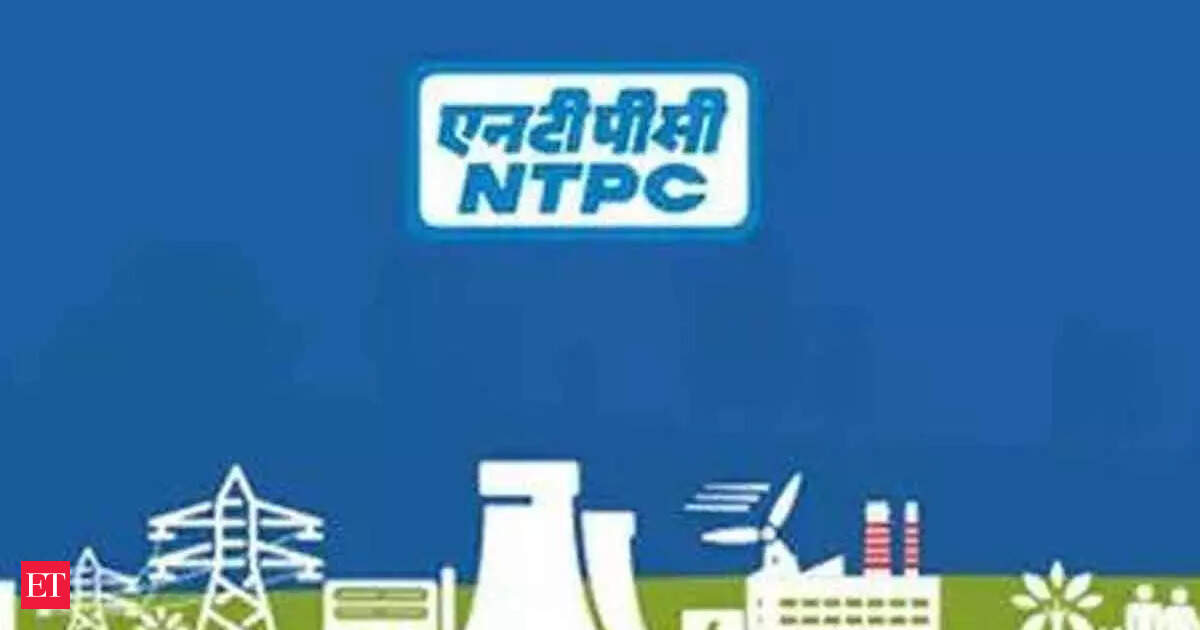The stop work request covers Lara-II, Singrauli-III, Sipat-III, Darlipalli-II, and Telangana-II plants. This translates into desulphurisation works being stalled on projects with over 7 GW capacity that are under construction. “Considering the recent notification issued by the Ministry of Environment, Forest and Climate Change, BHEL is requested to keep all activities related to FGD for the aforementioned projects on hold until further communication,” NTPC said in a communication to BHEL.
The ministry in a gazette notification on July 11 exempted coal-fired power plants outside a 10-km radius of populated and polluted cities from a 2015 mandate to install FGD systems in phases. BHEL is the country’s primary supplier of FGD systems, which remove sulphur dioxide from the plants’ exhaust gases.
“BHEL has some foreign collaborators in FGD projects and may seek compensation from NTPC for the stop work order,” an official aware of the NTPC letter told ET.
NTPC had floated several tenders and installed, or is in the process of installing, multiple FGD systems after a 2015 directive made them mandatory for all coal-based plants to meet revised environmental standards.
Mails sent to NTPC and BHEL remained unanswered till the time of publishing. As of February, 537 thermal units totalling 204 GW capacity were identified for installation of FGDs. Of them, installation was completed in 49 units, while contracts were awarded or were under implementation in 211 units. Another 180 units were under various stages of the tendering process, according to the government.CareEdge Ratings said the FGD exemption for the majority of the plants, with 145 GW capacity, is positive for private companies or independent power producers, as it is a costly pollution control system.




